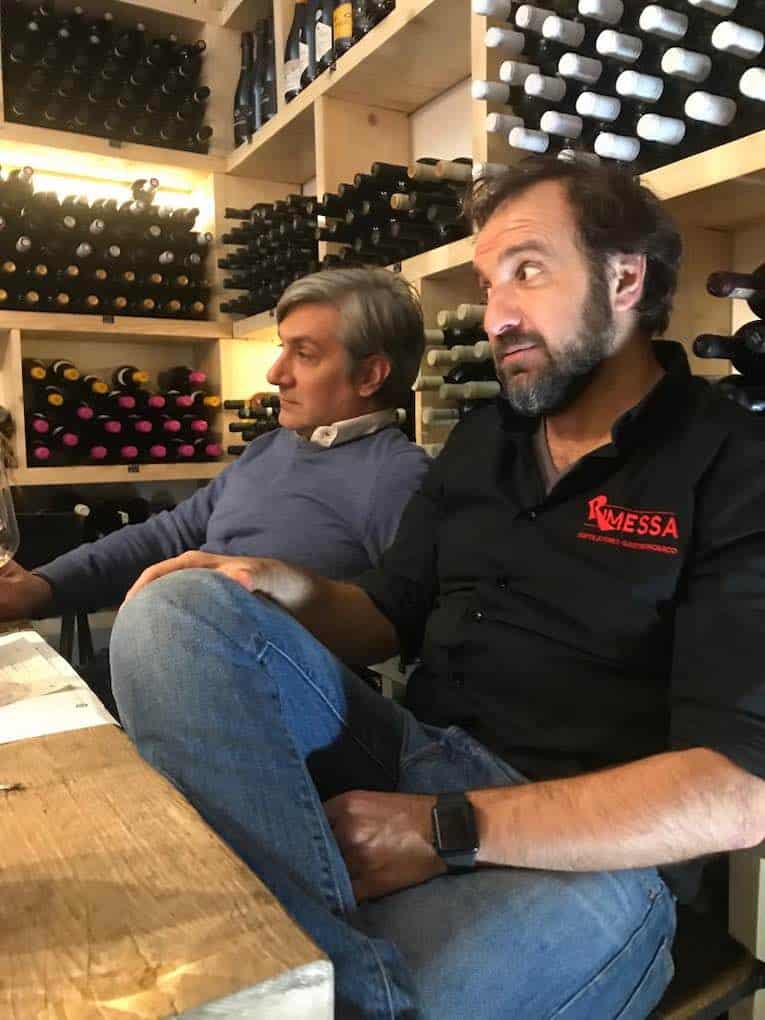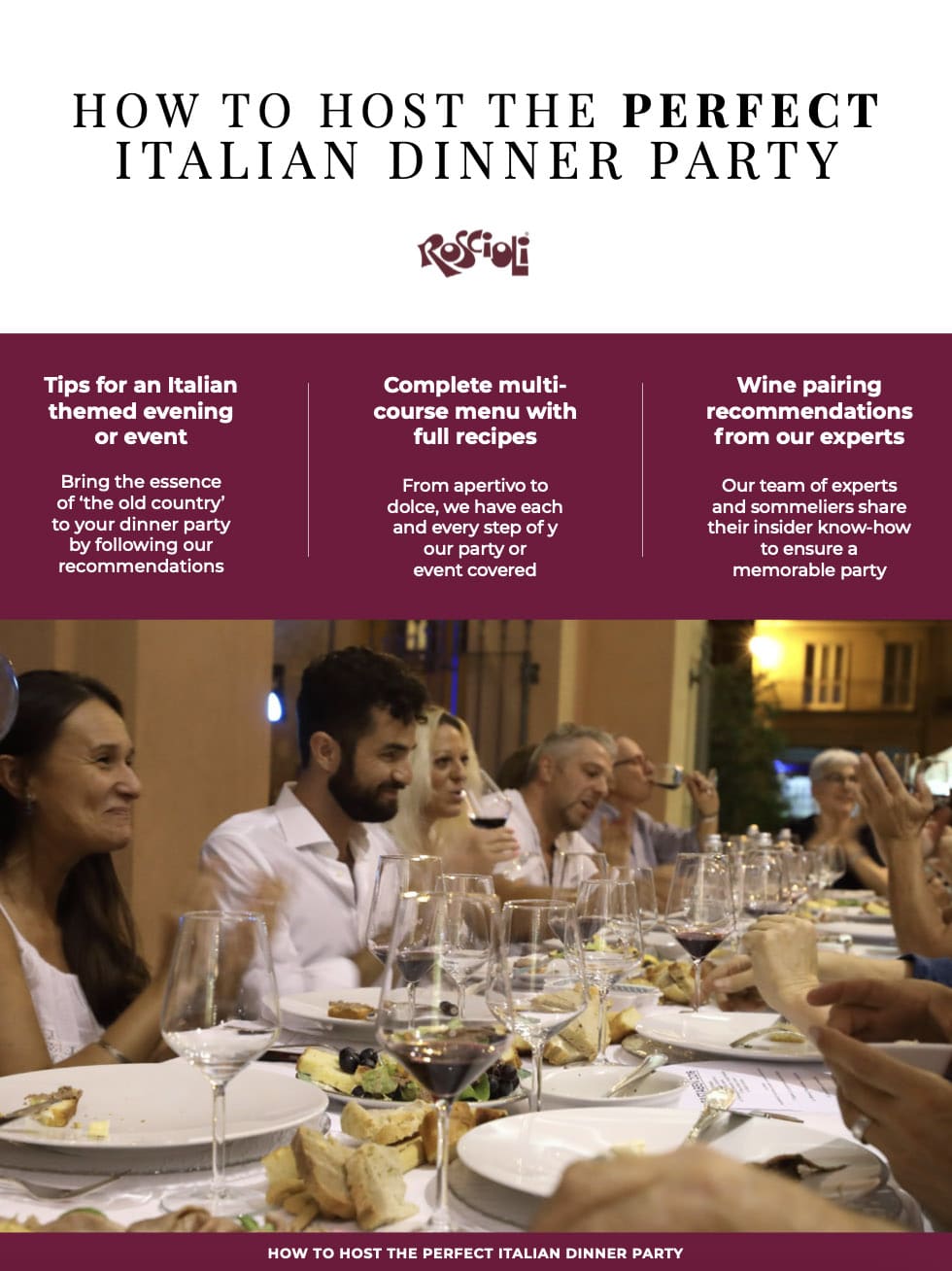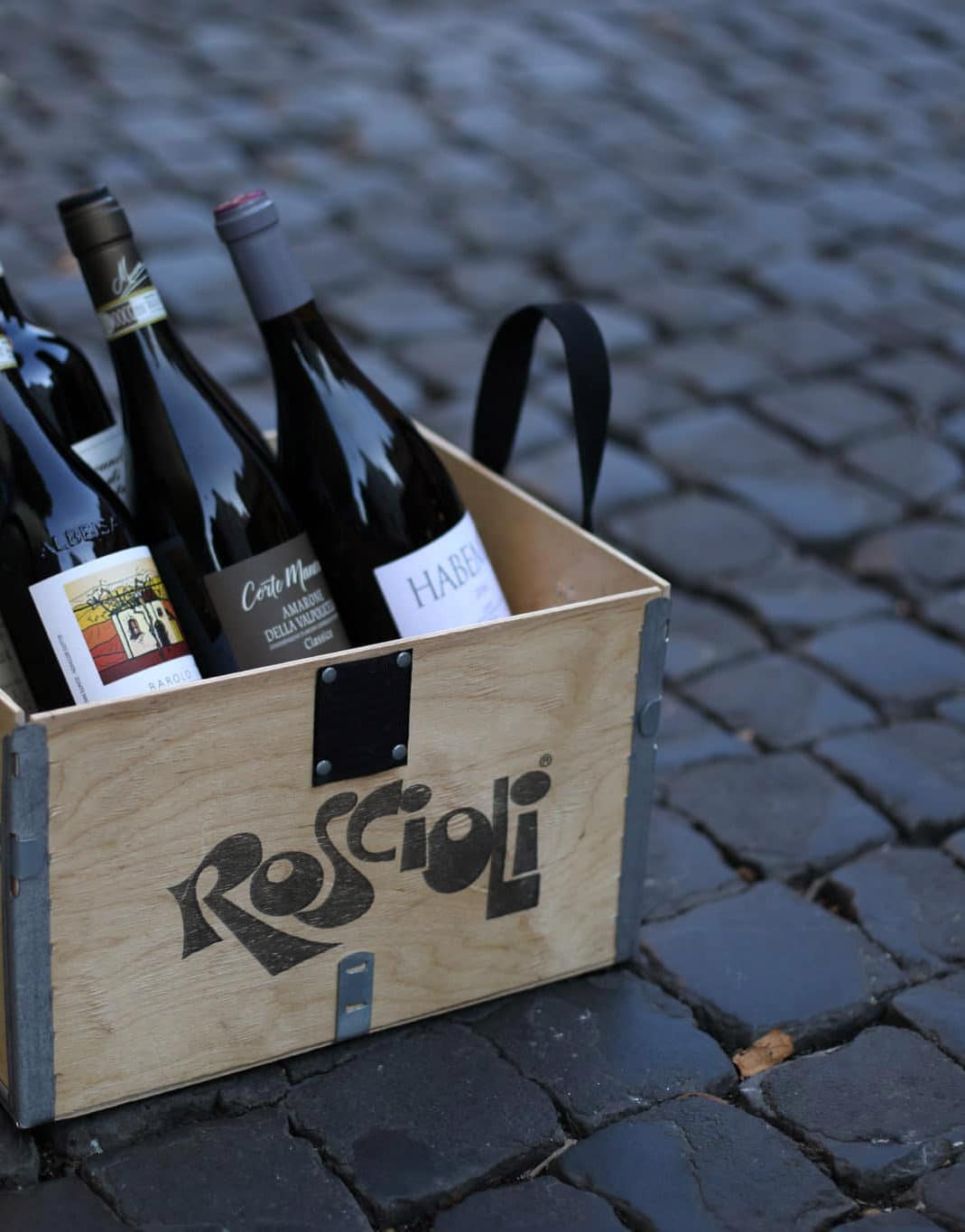Populism is all around us these days. Expertise is out of fashion. Your friend who manages a small business is just as able to balance the national budget as any so-called expert economist. And your palate is just as good as the palate of any so-called wine expert.
At first glance, all this populism is tough for me to swallow. Most of us can point to areas in which we have some expertise. I was in the U.S. Air Force for 20 years. As a result, people assume I know a thing or two about military aircraft. If only that were true! (Looking back, maybe I should have spent fewer work hours reading about wine.)
But there were times I felt like an expert. As a military diplomat, or Attache, in Italy, I once advised a high-level visiting U.S. official on the protocols of sprinkling cheese on pasta. Before I intervened, this guy was about to put grated parmesan on spaghetti with clams. I doubt he’d ever admit it, but somewhere deep inside, he knows I saved him from all sorts of future diplomatic embarrassment.
So, I hope we can all agree that expertise can be a good thing. In the wine world, however, there are many reasons to doubt the so-called experts.
First, let’s talk about sommeliers. Some are great of course. But generally speaking, I’m skeptical when someone boasts about being a sommelier. The most capable sommeliers I know readily admit it’s quite possible to learn just as much about wine on your own. And more than a few have resolutely discouraged me from enrolling in a sommelier course.
It’s also far too common to find sommelier school graduates who don’t seem to know much about the world of wine. Just go to any big tasting event and ask the folks in the funny costumes if the wine they are pouring was made in a traditional or modern style—or perhaps somewhere in between. In my experience, the reply is usually a blank stare.
Admittedly, the example of Alessandro Pepe (Rimessa Roscioli founder and sommelier extraordinaire) doesn’t help the case I’ve built against sommeliers. More than I’d like to admit, he gives the profession a good name. Then again, I knew Alessandro for at least two years before he revealed he was a certified sommelier.

What about the famous experts who write wine tasting notes? To be diplomatic, I’m not a big fan.
While wine reviews can be valuable to drinkers who don’t have the time to research or taste before buying, there are better ways to select bottles. I advise friends to find a decent wine store, strike up a conversation with one of the employees—ideally the main buyer—and ask for his/her favorite pizza wine for under $20. If it doesn’t work out after two attempts, try another store.
I could go on all day about my issues with wine reviews but probably my biggest beef is that they often directly contradict other expert notes on the very same wine. I can understand disagreement over a score, or whether a wine should be cellared for 5 or 8 years. But I think we should expect some degree of critical consistency over whether a wine if full-bodied, or if it shows a lot of oak, or when it has that cat pee smell going on.

Speaking of cat urine, a few years back I took a wine course in which an expert instructor droned on for five minutes about how that cat pee aroma (usually found in Sauvignon Blanc) is actually the distinctive scent of a freshly cut Sicilian orange stem. As I listened, I couldn’t stop thinking that this was exactly the kind of pointless, insistent drivel that makes people hate wine.
So I raised my hand: “I grew up in a house full of cats and dogs, and I’m pretty sure this wine smells a lot like the cat’s piss.” The expert instructor was none too pleased. “Keep smelling,” he replied.
If someone wants to call cat pee an orange stem, by all means, be my guest. C'est la vie. But is it worth getting all worked up over? I say no.
I often wonder why wine people feel compelled to parse out every perceived flavor and aromatic nuance they sense. One reason is that we seek wine validation. We want others to agree with what we smell and taste in the glass. It’s an understandable impulse, but it doesn’t make much sense to insist on our judgements. After all, every palate is different. Does it really matter if you perceive white peach when I’m getting a regular peach?
Far too many times, I’ve looked up a wine and noticed that reviewer X gets blueberries on the nose whereas expert Y convincingly argues for mulberry notes. I suppose that’s mildly interesting. I, the reader, can sample the wine in question to see who I agree with, and where I land on this particular blueberry-mulberry spectrum.
Unfortunately, it doesn’t stop there. It never does. Reviewer X also insists that there are notes of figs and a very dark variety of Ecuadorian chocolate. Meanwhile, expert Y will have you believe what we’re really dealing with is a note of southern Venezuelan dark chocolate.
At this point, it’s just not useful or fun any more. Unless you start drinking very fast.
Wait, did I just argue that we should make wine fun again? I guess that confirms I’m a wine populist. But I’m not happy about it.

How to Host the Perfect Italian Dinner Party
Bring Italy to you with our free guide to planning and hosting the perfect Italian dinner party!
Find recipes, wine paring recommendations and other tips for a memorable evening, all curated by our team of experts - download today here:
 SEI IN ITALIA? CLICCA QUI
SEI IN ITALIA? CLICCA QUI 


